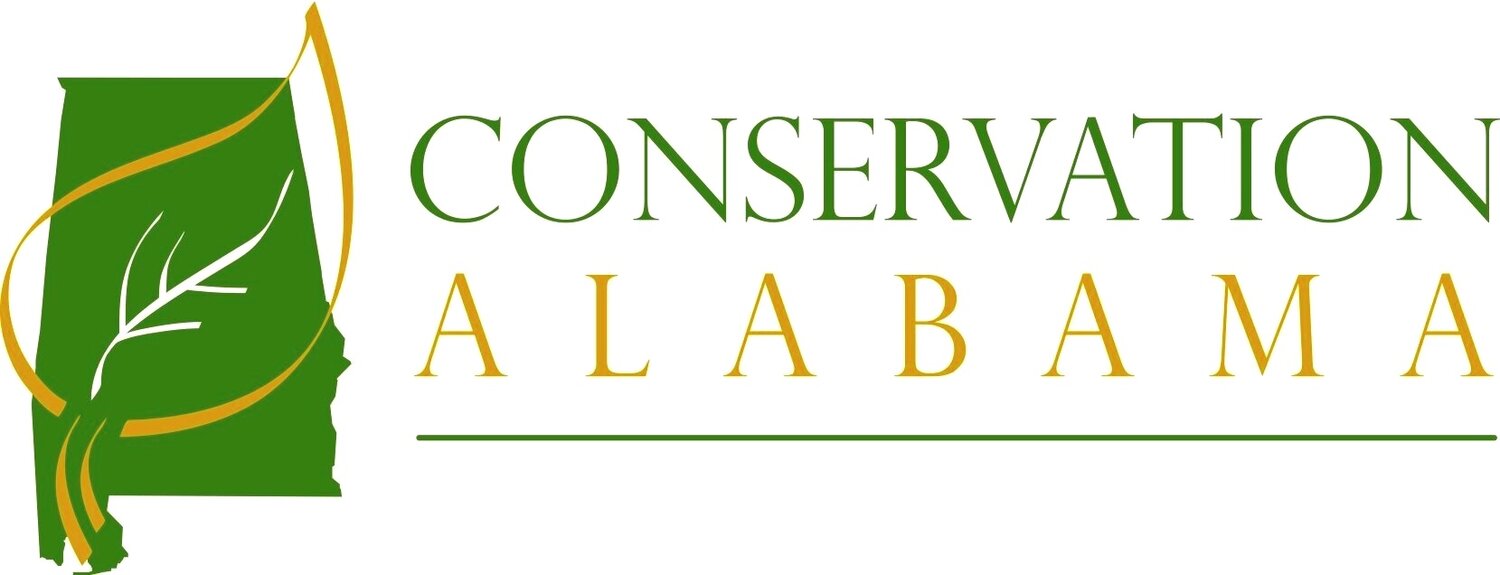WALT MADDOX (D)
Will you protect the Forever Wild Land Trust? Yes, I fully support this important conservation program. I join the 84% of Alabama voters who first authorized Forever Wild in 1992, and the 75% who renewed it in 2012, in applauding the success of its mission. Assuming the Trust continues its remarkable record in preserving Alabama’s natural resources – something it has done for over a quarter century without raising taxes, without using tax revenues, and without the power of eminent domain – I would support another extension in 2032.
Will you publicly oppose any bills that threaten the Forever Wild Land Trust? Yes. I will oppose attempts to reverse the will of the voters who overwhelmingly approved the Forever Wild constitutional amendments. For example, backdoor legislation has been introduced – and thus far defeated – attempting to undermine Forever Wild by mandating new expenditures that would divert funds from its core mission. I will make sure everyone is reminded that the people of Alabama have spoken clearly in favor of Forever Wild and will veto any bill that threatens its primary purpose.
In order to protect our freshwater resources, do you support the completion of a comprehensive water plan for Alabama? Yes. Alabama needs to join its neighboring states and adopt a comprehensive, sustainable water management plan. With more than 130,000 miles of rivers and streams, over a hundred public lakes, 20 major aquifers, 55 inches of annual rainfall, and 15% of all surface water in the lower 48 flowing through our state, Alabama is blessed with abundant water resources that shouldn’t be left to ad hoc management practices.
What is your vision for how oil spill dollars can be utilized to restore coastal Alabama? Funds related to disasters like the oil spill first should be used to remedy the direct problems caused by the disaster, and then be used to address the indirect and secondary effects. That Alabama has in the past tapped the oil settlement to plug unrelated funding gaps demonstrates how shortsightedness in Montgomery continues to cause long term problems. For example the use of oil spill compensation to fill Medicaid shortfalls means that Medicaid is still to this day underfunded (because we haven’t accepted Medicaid expansion), and funds that should have been spent on oil spill remediation have been used for the wrong purpose.
Will you support legislation that would increase Alabamians’ ability to choose solar energy for their homes and businesses? Policies should be instituted that encourage the use of renewable energy sources. We should recognize that people who install solar panels on their homes are making a choice that benefits all of society, and therefore consideration should be given to incentives that encourage both utilities and homeowners to shift to solar power.
What do you think are the most important conservation issues in Alabama right now? We need to make sure that everyone in Alabama benefits from our state’s beauty and recreational opportunities, not just those who can afford to buy large tracts of land from which the public is excluded.
In your opinion, what is the governor’s role in supporting conservation in Alabama? The governor must be a leader who sets priorities and values, who faithfully executes the conservation and environmental laws of Alabama, and who proposes policy changes to strengthen protection of Alabama’s natural resources
Please describe any experience you have with Alabama’s natural environment or with conservation.
My experience has given me opportunity for both environmental protection and conservation. Under my leadership as Mayor, the City of Tuscaloosa has and continues to engage in these protections for our natural resources and environment:
Lakes Nicol and Harris and the surrounding lands were formally dedicated as parks, which means they cannot be sold or developed without a vote of the people of Tuscaloosa.
Following the catastrophic tornado of April 27, 2011, the City made the strategic decision to replace destroyed environmental service vehicles with recycling trucks, bringing universal curbside recycling to the people of Tuscaloosa.
City of Tuscaloosa Stormwater Management Program was awarded Silver Level designation for Innovation and Program Management by the Water Environment Federation.
The City’s sanitary sewer overflow notification system was updated to give public notice of each and every sewer overflow, whether or not notice is required by law.
Engineering Environmental Compliance Coordinator position was created to assure the City complies with federal and state environmental laws.
The City’s septic tank registration and inspection requirements were upheld against a court challenge that went to the appellate courts of Alabama. The City regulates septic tanks in the drainage basin of Lake Tuscaloosa, the City’s most valuable asset and source of drinking water for most of Tuscaloosa County.
The City continues with robust programs in land development regulation, flood plain management, water quality testing, water and sewer system upgrades, lake dredging, erosion control, drainage system upgrades, anti-litter ordinances, and enforcement actions.

